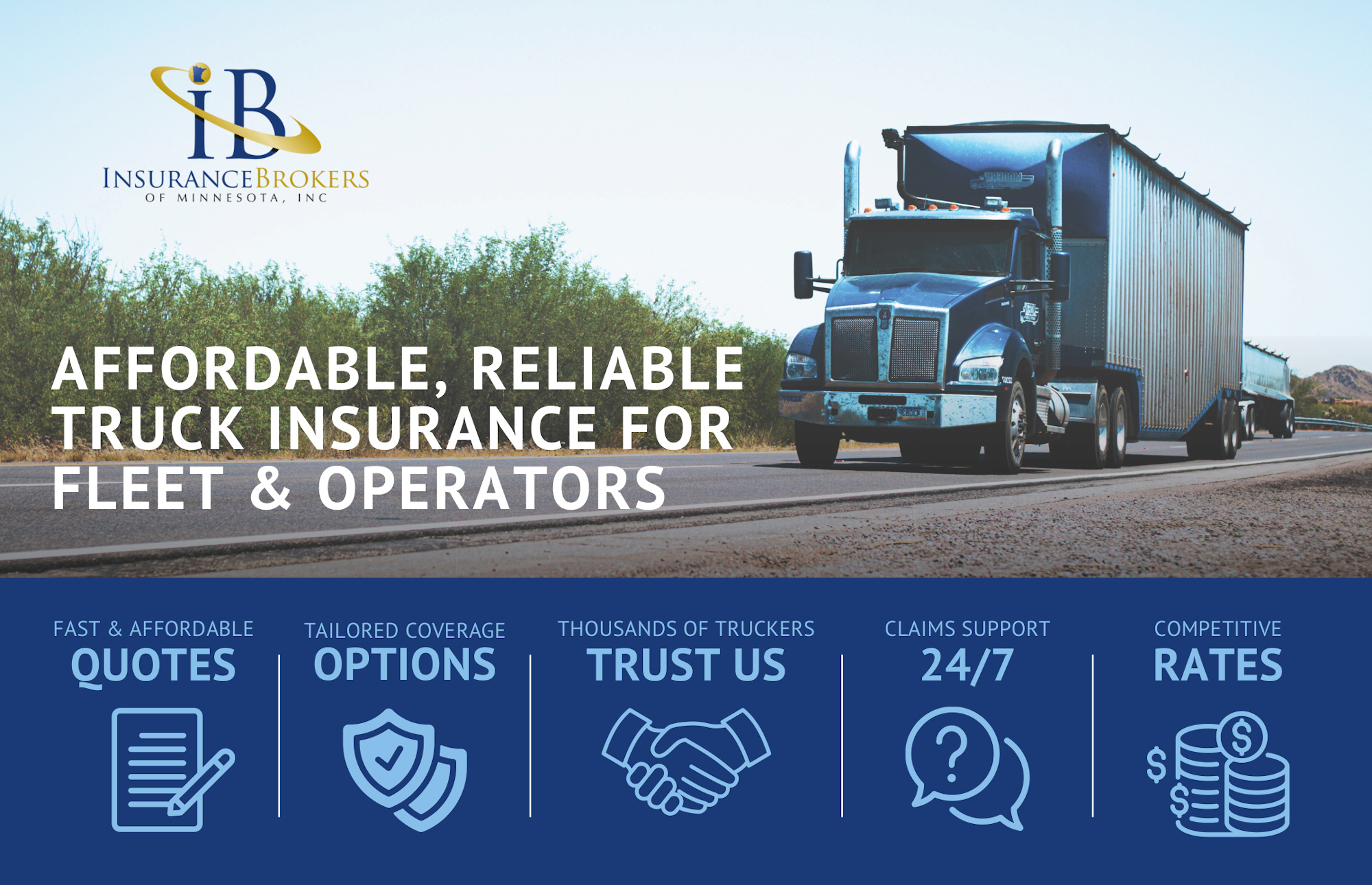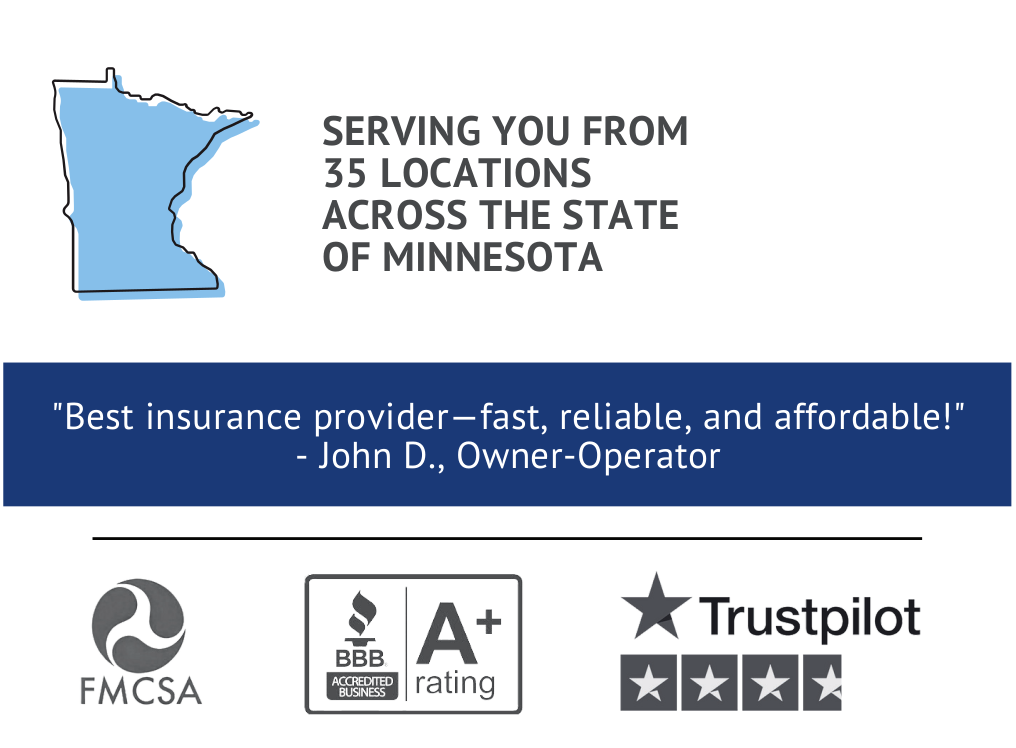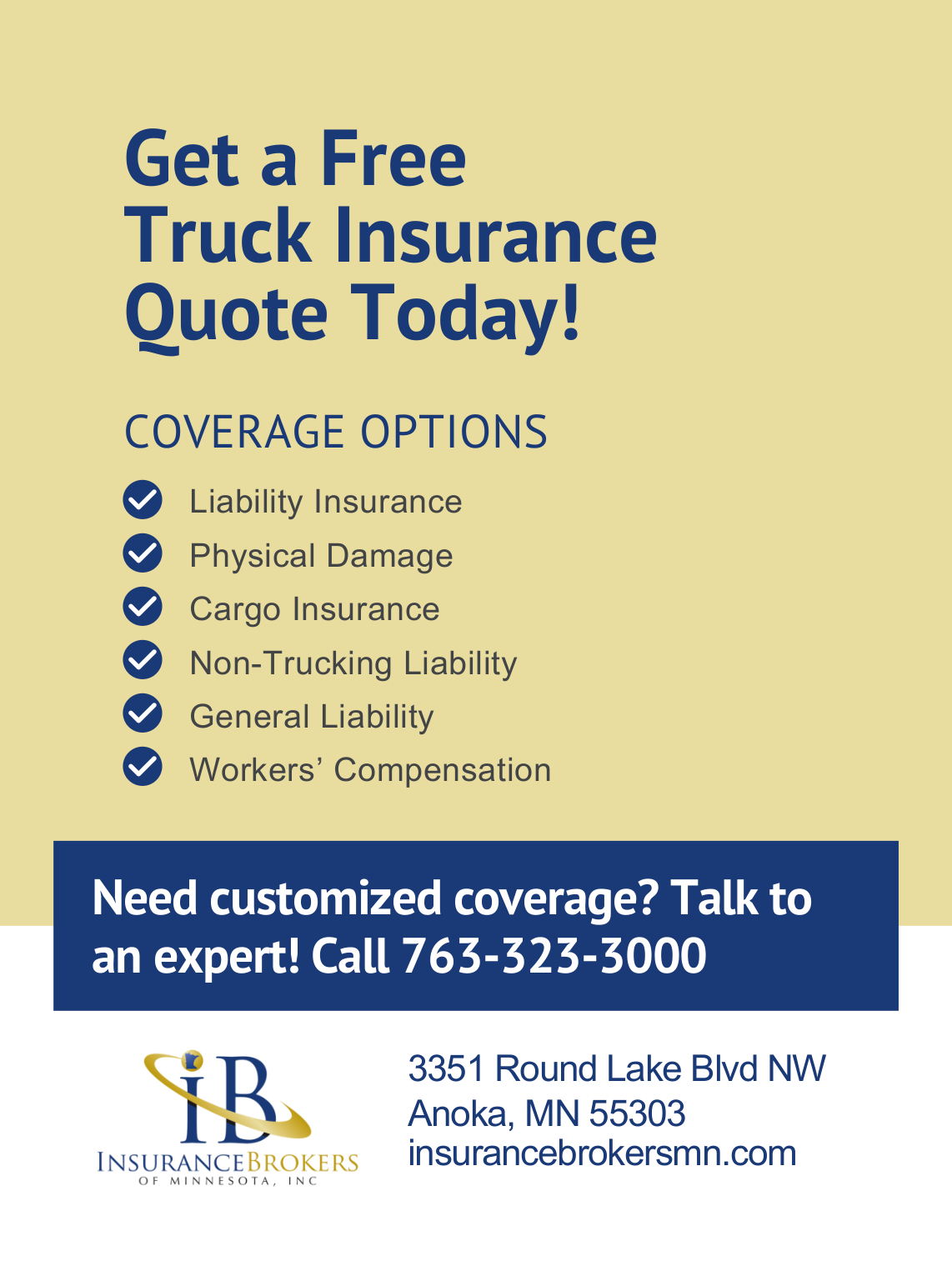
Trucking Insurance
Why Choose us?
- Over 25 years of industry experience
- Customized policies for owner-operators, fleets, and logistics companies
- 24/7 claims support and roadside assistance
- Trusted by thousands of carriers nationwide
Fleet
Specialized coverage that is designed to provide protection for a company’s entire fleet of vehicles under one comprehensive policy. Who is it designed for?
Businesses that operate multiple vehicles, such as delivery services, transport companies, or those in industries like construction, logistics, or utilities.
Owner-Operator
Owner-operator insurance is specifically designed for individuals who own and operate their own vehicles within industries like transportation, logistics, and freight. Tailored coverage that offers comprehensive protection for both vehicle and the business against risks such as accidents, theft,
damage, and liability while on the road.
Motor Truck Cargo
Specifically covers the cargo being transported. It protects against damage, theft, or loss of goods while the truck is in transit.
Our Coverages Include:
-
-
- Primary Liability Insurance
Protects your operation on the road. - Cargo Insurance
Coverage for goods in transit. - Physical Damage
Repairs or replaces your truck after accidents. - Bobtail / Non-Trucking Liability
You’re covered even when not under dispatch. - General Liability
For terminals, offices, and logistics facilities.
- Primary Liability Insurance
-
Who We Serve
- Long-haul & Regional Truckers
- Freight Brokers
- Hotshot Haulers
- Owner-Operators
- Fleet Managers
- Last-Mile Delivery Drivers


